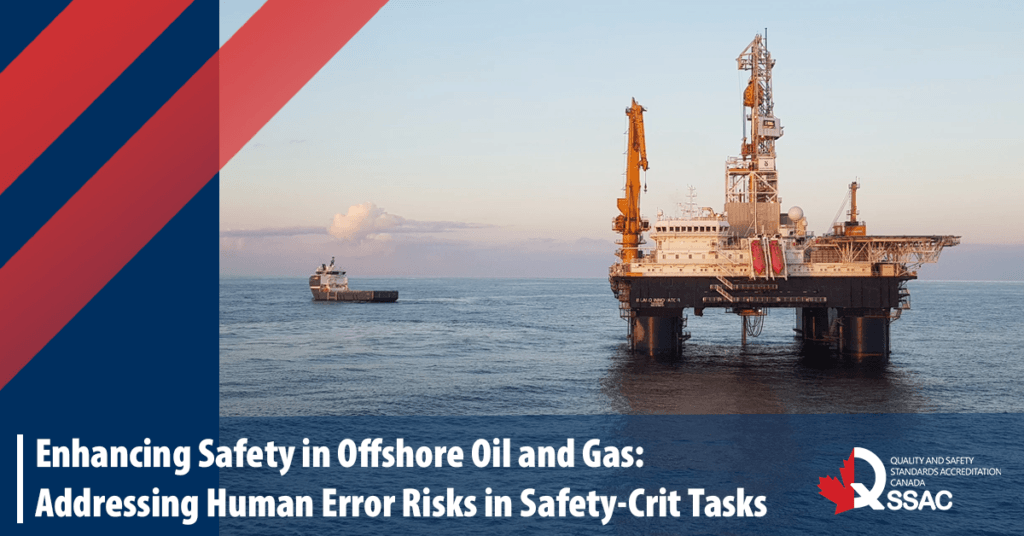Offshore oil and gas companies face mounting pressures to improve safety protocols, particularly in reducing risks associated with human error. Recent inspections of a North Sea platform highlighted gaps in fire and explosion prevention planning, sparking a renewed call for industry-wide action on safety-critical task management.
The recent review of safety measures revealed deficiencies in preventing incidents involving flammable and explosive substances. Specifically, it found that human factors were insufficiently considered in the design and procedures related to key operations on the platform, with risks of uncontrolled hydrocarbon release during certain pipeline activities.
In light of these findings, industry regulators have issued a broader advisory to offshore firms, urging them to focus on human and organizational factors that could impact safety-critical tasks. Offshore operators are encouraged to employ Safety Critical Task Analysis (SCTA) to assess and mitigate risks associated with tasks prone to human error. SCTA provides a structured approach for analyzing critical tasks, ensuring they can be performed safely and with minimal risk.
However, the success of SCTA programs across the industry has varied, with issues like inconsistent assessment quality and a lack of sustained commitment. This underlines the need for companies to actively engage in continuous improvement and ensure high standards are consistently met.
How QSSAC Can Support Offshore Safety Initiatives
At QSSAC, we are committed to supporting the offshore oil and gas industry in achieving best practices for safety-critical tasks. Our experts specialize in human factors engineering, providing tailored SCTA services to help identify and mitigate human error risks. We offer comprehensive support in implementing and refining SCTA programs, including competency management, task design optimization, and safety analysis.
By partnering with QSSAC, companies can ensure that their safety protocols are robust, reliable, and compliant with industry standards. Our commitment is to help offshore firms manage risks as low as reasonably practicable, contributing to a safer, more secure working environment across the industry.

